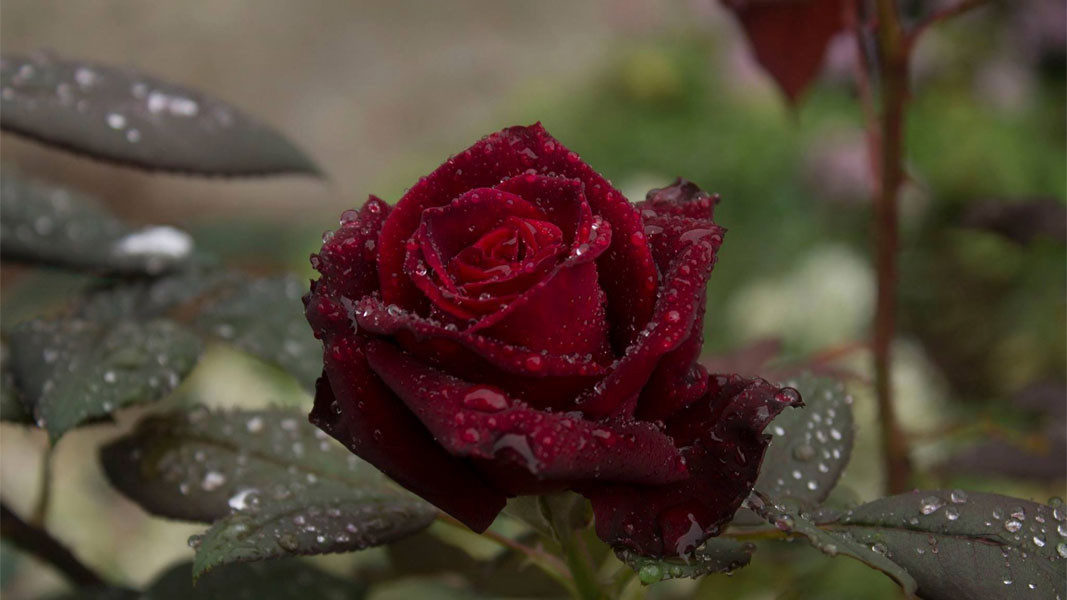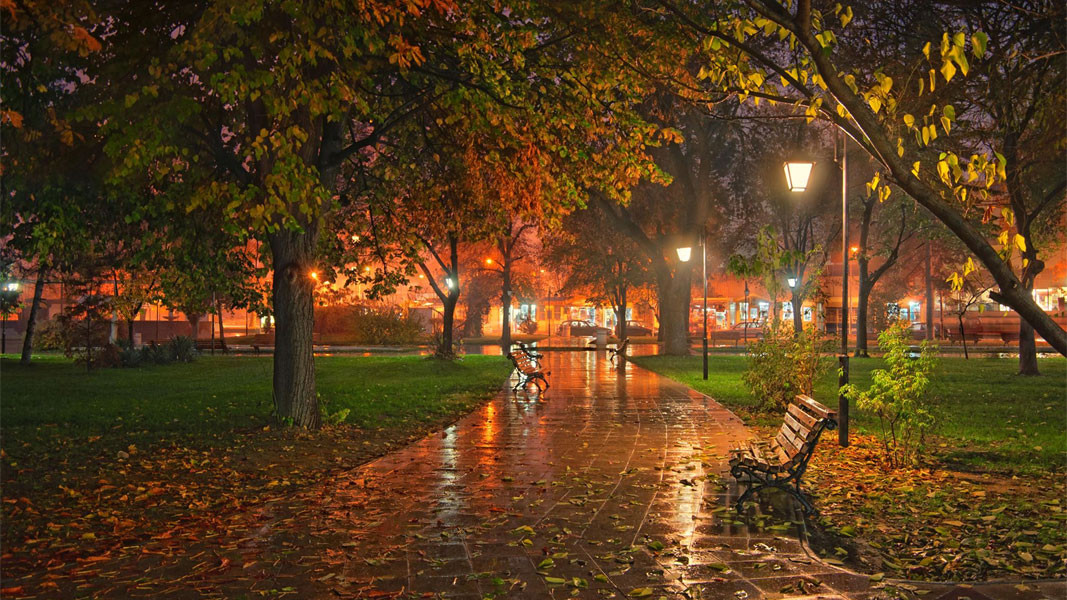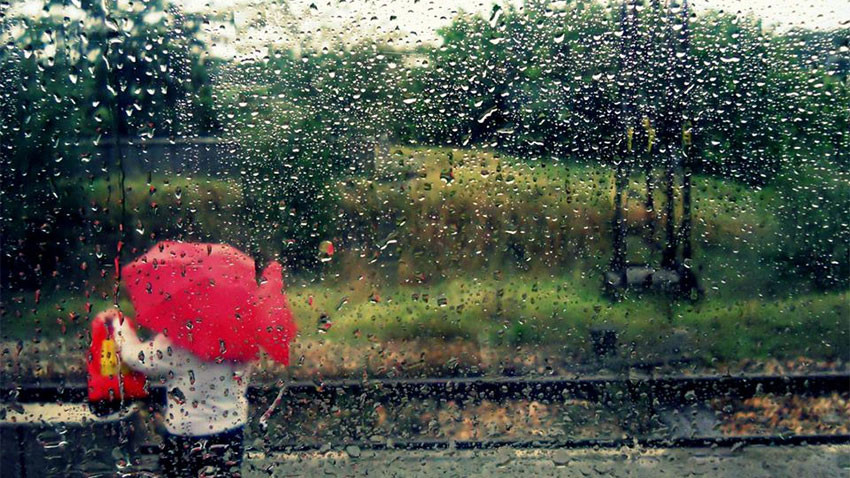Today, 22 March, is World Water Day. The theme this year is “Water for all! Leaving no one behind!” The aim is, through information campaigns and discussions, to call attention to the problems billions of people around the world face, people who do not have equal rights of access to clean and safe drinking water.
Nine years ago, Human Right to Water and Sanitation (HRWS) was recognised as a human right by the United Nations, and the UN General Assembly declared that clean drinking water is "essential to the full enjoyment of life and all other human rights". And that means – physically accessible and affordable water for personal and domestic uses in adequate amounts. Yet almost two-thirds of the world’s population is still suffering severe water shortages at least one month a year due to climate, military conflicts or natural calamities.

In recent years Bulgaria too suffered severe damages due to heavy rain and flooding. That is why the Bulgarian Water Association, one of the organizers of the World Water Day information events, lays particular emphasis on rain water. The calendar of these events includes a photo competition – “What can be better than rainy weather”.
“This year we chose rain as our theme, because rain is connected with climate change, and regrettably, experts say this is not going to change in future,” says engineer Ivan Ivanov, President of the Bulgarian Water Association. “The photographers taking part in the competition sent us photographs that really are amazing. They interpret the theme in different directions. I am glad to say school students also applied.”

The competition photographs are posted on the Facebook page of the Bulgarian Water Association, and users selected 10 of them for the traditional exhibition of 50 photographs dedicated to water. The other 40 were singled out by a jury of experts, which also picked the winners. The exposition is on at the Red Dot Depot & Gallery until 23 March.
Rainwater – benefits and harm – was the topic of discussion at a round table organized by the Bulgarian Water Association one day before World Water Day. The association made a number of proposals, among them the separation of the sewer system into rainwater and household sewerage, as well as the construction of systems underneath big asphalt spaces that will temporarily retain the water and even purify it locally before it goes on to the waste water treatment plants.
“Overall, treatment of natural and household water remains a big challenge for Bulgaria,” engineer Ivanov says. “Being a member of the EU, we are obligated to build waste water treatment installations in all towns and villages with a population of over 2,000. Unfortunately we have a long way to go to reach that objective and that can lead to sanctions. But efforts are being made. What we must all understand, including the people in charge of water management whose actions affect that natural resource, is that pollution makes water undrinkable.”

Engineer Ivanov says that nitrate pollution, caused by the incorrect use of fertilizers in agriculture is not subject to adequate control in Bulgaria. While treating water to remove these pollutants so as to make water safe to drink, is an expensive exercise.
“Not only are we not controlling the pollutants we know to a sufficient degree, but we have to admit there are many new pollutants,” engineer Ivan Ivanov says. “Pharmaceuticals and the way they end up in the natural water is a subject that is widely being discussed. Their presence is difficult to ascertain, and their treatment – even more difficult, and they have a devastating effect on living organisms. There are countries where this problem is given a great deal of attention. This is where organizations like the Bulgarian Water Association come in – they must make every effort to apply these norms everywhere.”
English version: Milena Daynova
Babinden, or Midwives' Day, was once again this year celebrated across the country with songs, dances and ritual re-enactments. The day of midwifery was marked on January 8, and today, following the old-style calendar tradition. On Babinden, people..
Dear friends, we are happy to announce that the Bulgarian National Radio’s QSL cards for 2025 are now available. The two series – one with 6 postcards and the other with 12 postcards – are entitled "The Beauty of Bulgaria." The series of 6 cards..
From the first attempts to fly with homemade wings back in the 19th century, to the world's first combat flights with reconnaissance and bombing purposes. From the first successful landing of an airplane with a stopped engine in history, to the world's..

+359 2 9336 661
